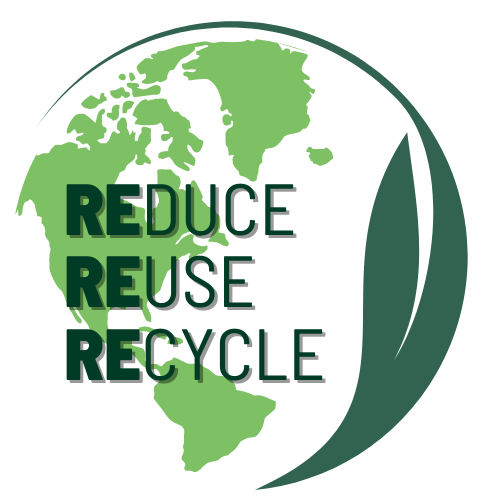Stephanie L. Wright, Darren Rowe, Richard C. Thompson, Tamara S.
Galloway, Microplastic ingestion decreases energy reserves in marine worms, Current Biology, Volume 23, Issue 23, 2 December 2013, Pages
R1031-R1033, ISSN 0960-9822, http://dx.doi.org/10.1016/j.cub.2013.10.068.
(http://www.sciencedirect.com/science/article/pii/S0960982213013432)
Abstract: Summary
The indiscriminate disposal of plastic to the environment is of concern.
Microscopic plastic litter (<5 mm diameter; ‘microplastic’) is
increasing in abundance in the marine environment, originating from the
fragmentation of plastic items and from industry and personal-care
products [1]. On highly impacted beaches, microplastic concentrations
(<1mm) can reach 3% by weight, presenting a global conservation issue
[2]. Microplastics are a novel substrate for the adherence of
hydrophobic contaminants [1], deposition of eggs [3], and colonization
by unique bacterial assemblages [4]. Ingestion by indiscriminate
deposit-feeders has been reported, yet physical impacts remain
understudied [1]. Here, we show that deposit-feeding marine worms
maintained in sediments spiked with microscopic unplasticised
polyvinylchloride (UPVC) at concentrations overlapping those in the
environment had significantly depleted energy reserves by up to 50%
(Figure 1). Our results suggest that depleted energy reserves arise from
a combination of reduced feeding activity, longer gut residence times of
ingested material and inflammation.
http://download.cell.com/current-biology/pdf/PIIS0960982213013432.pdf




